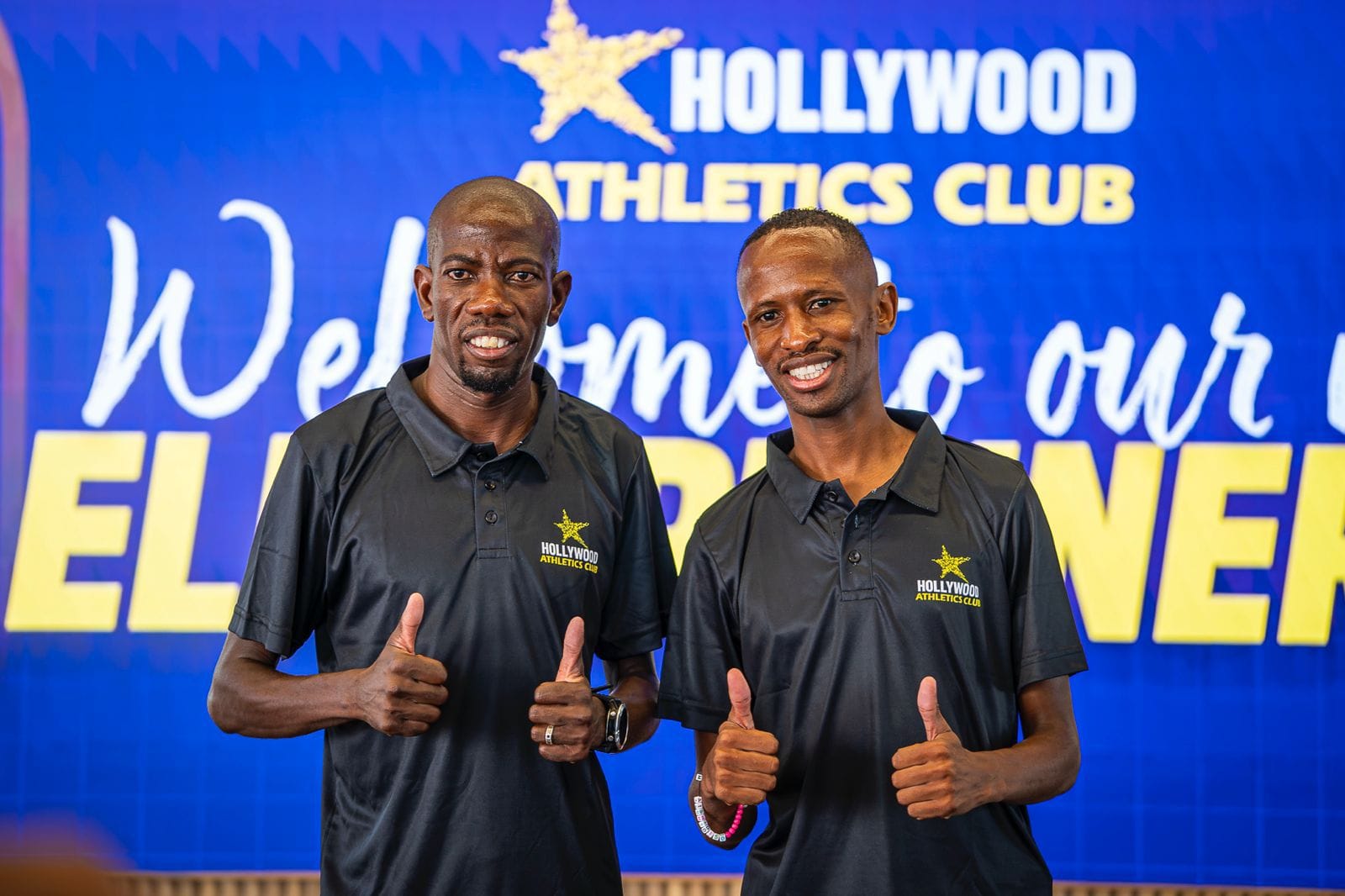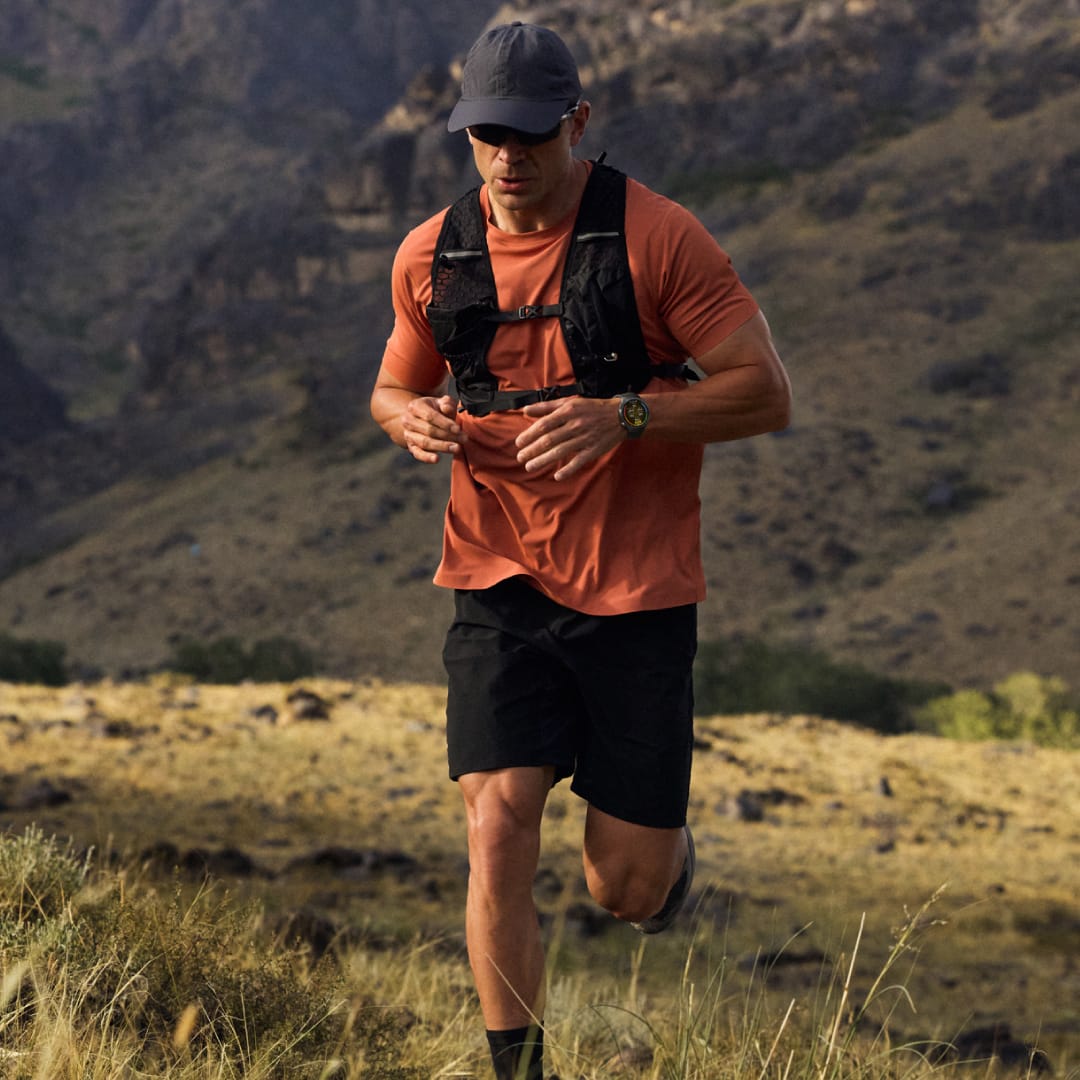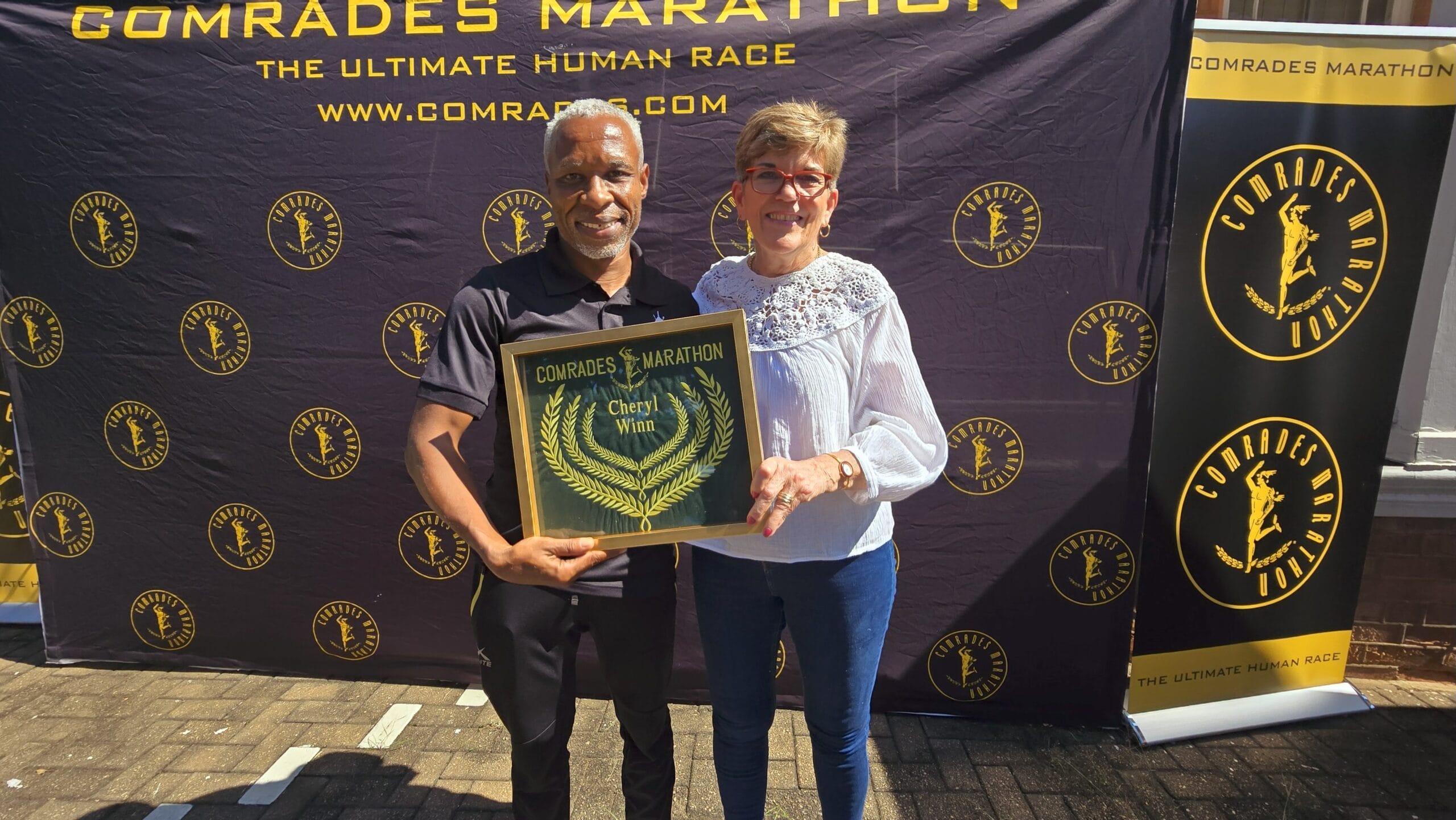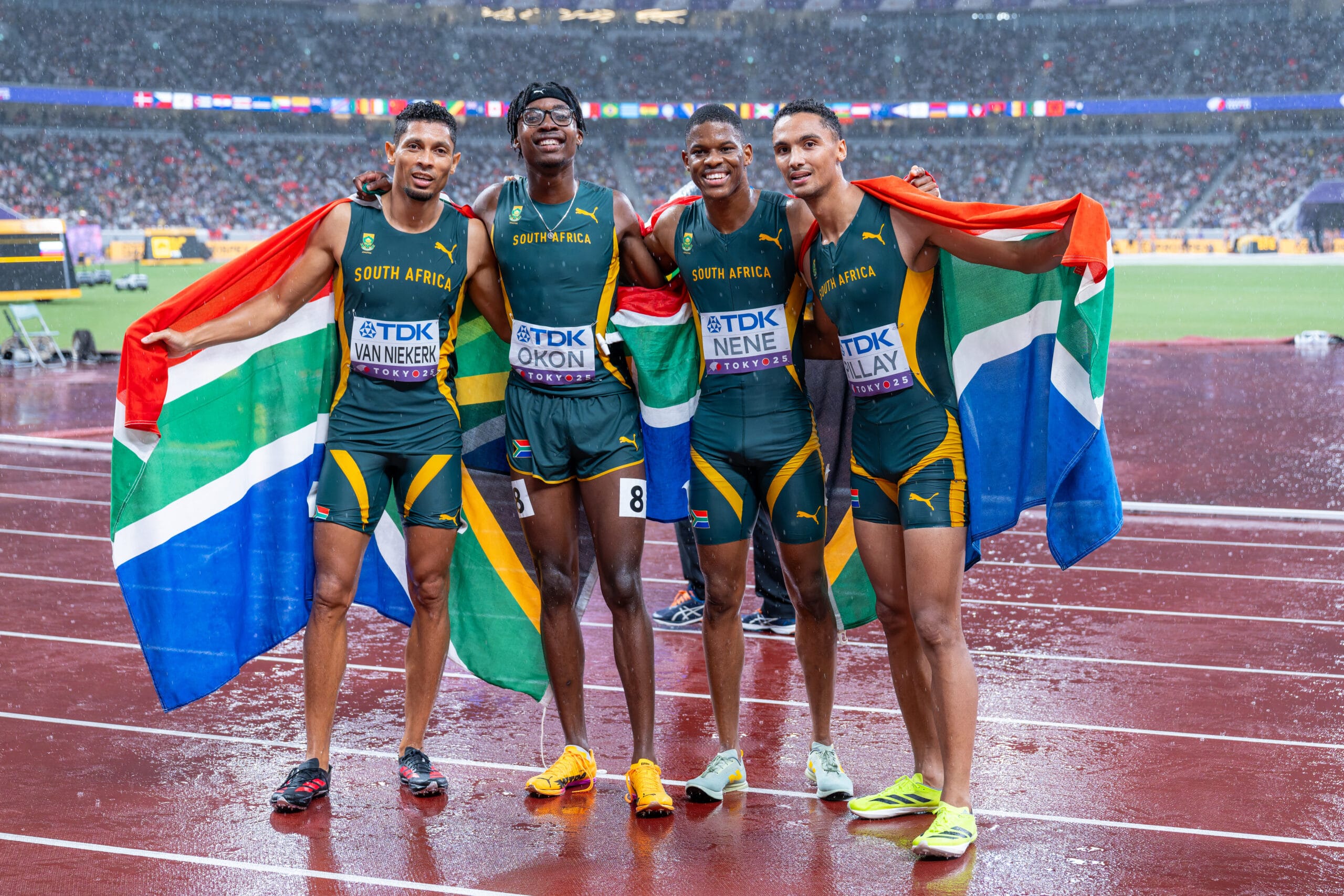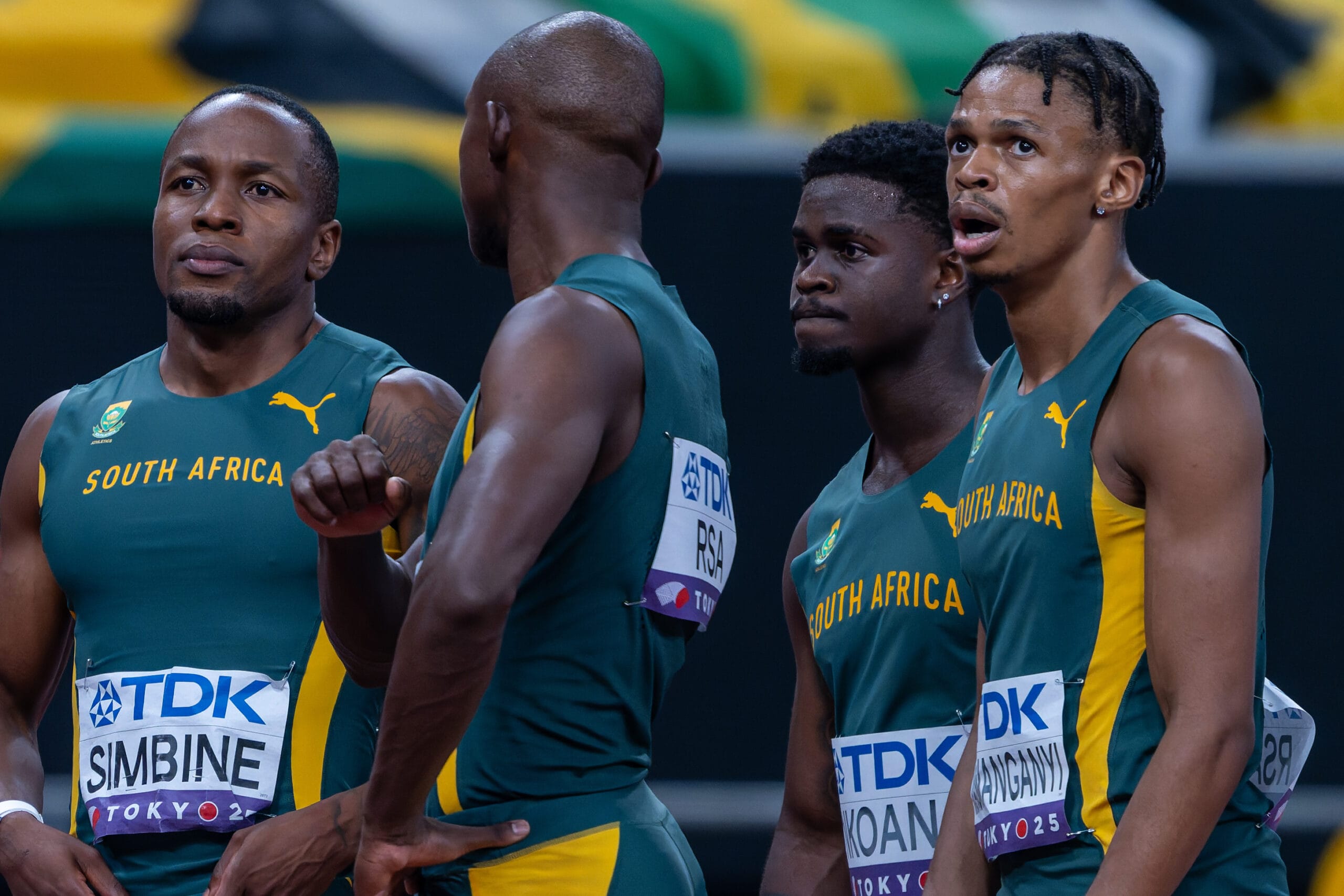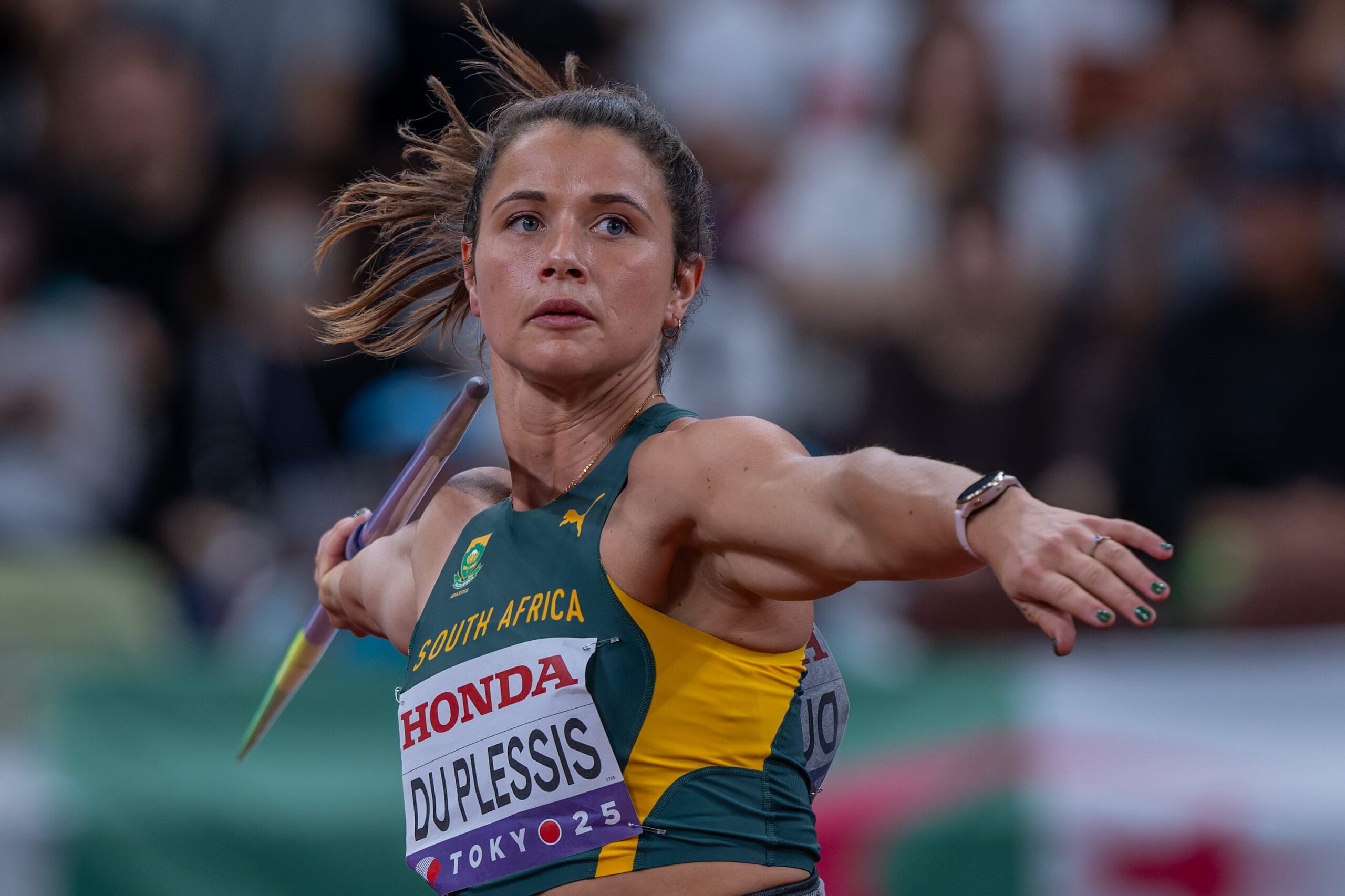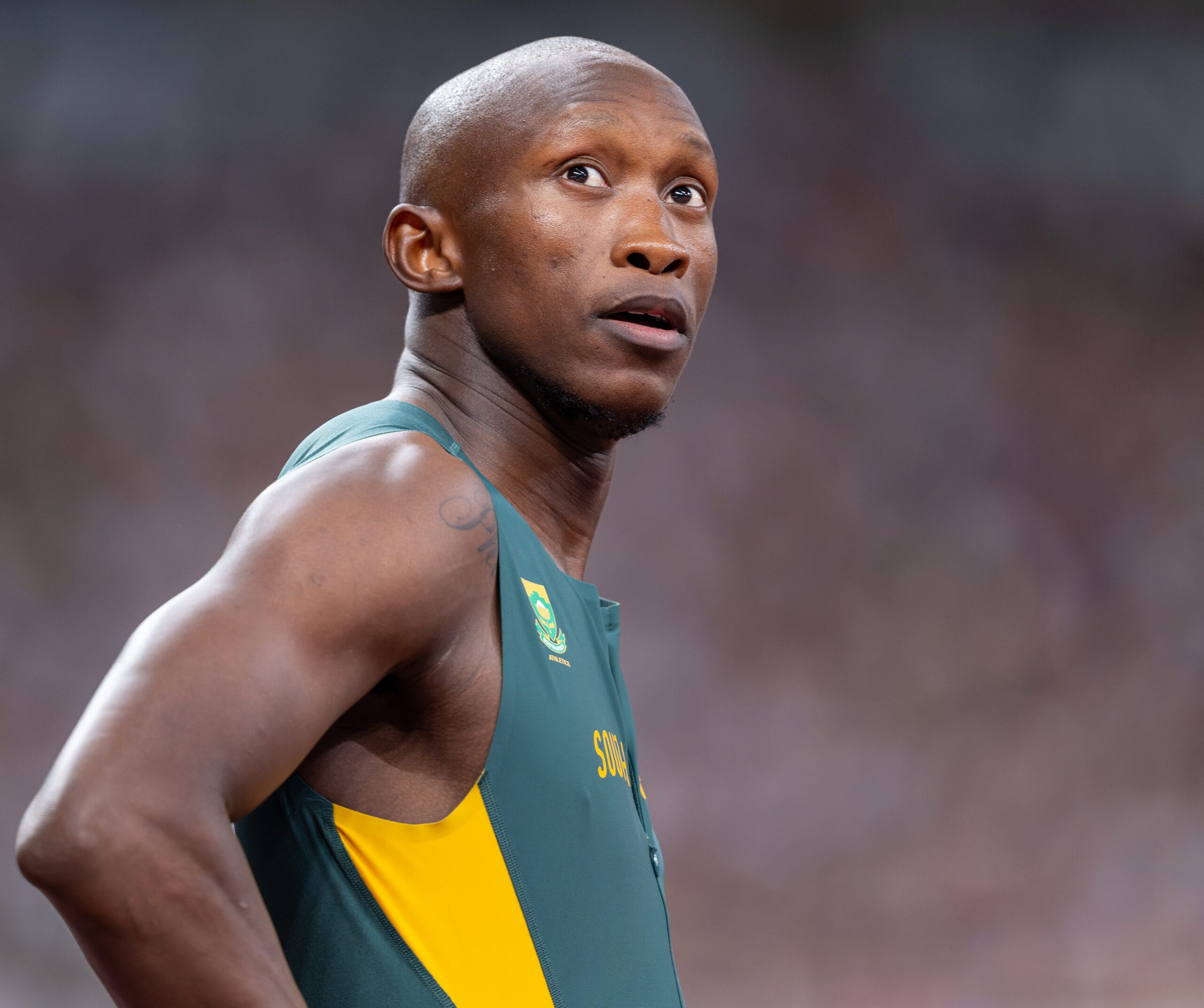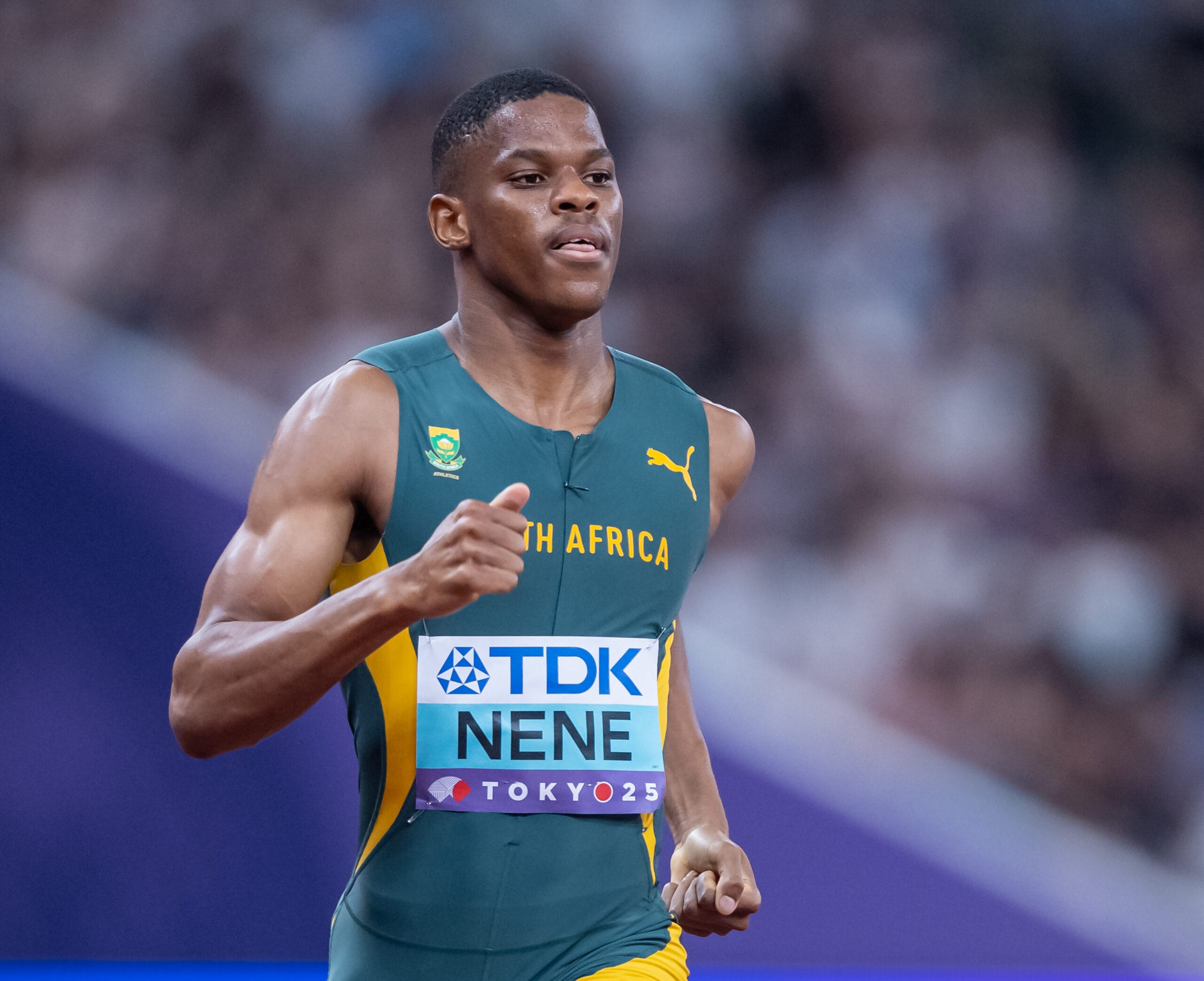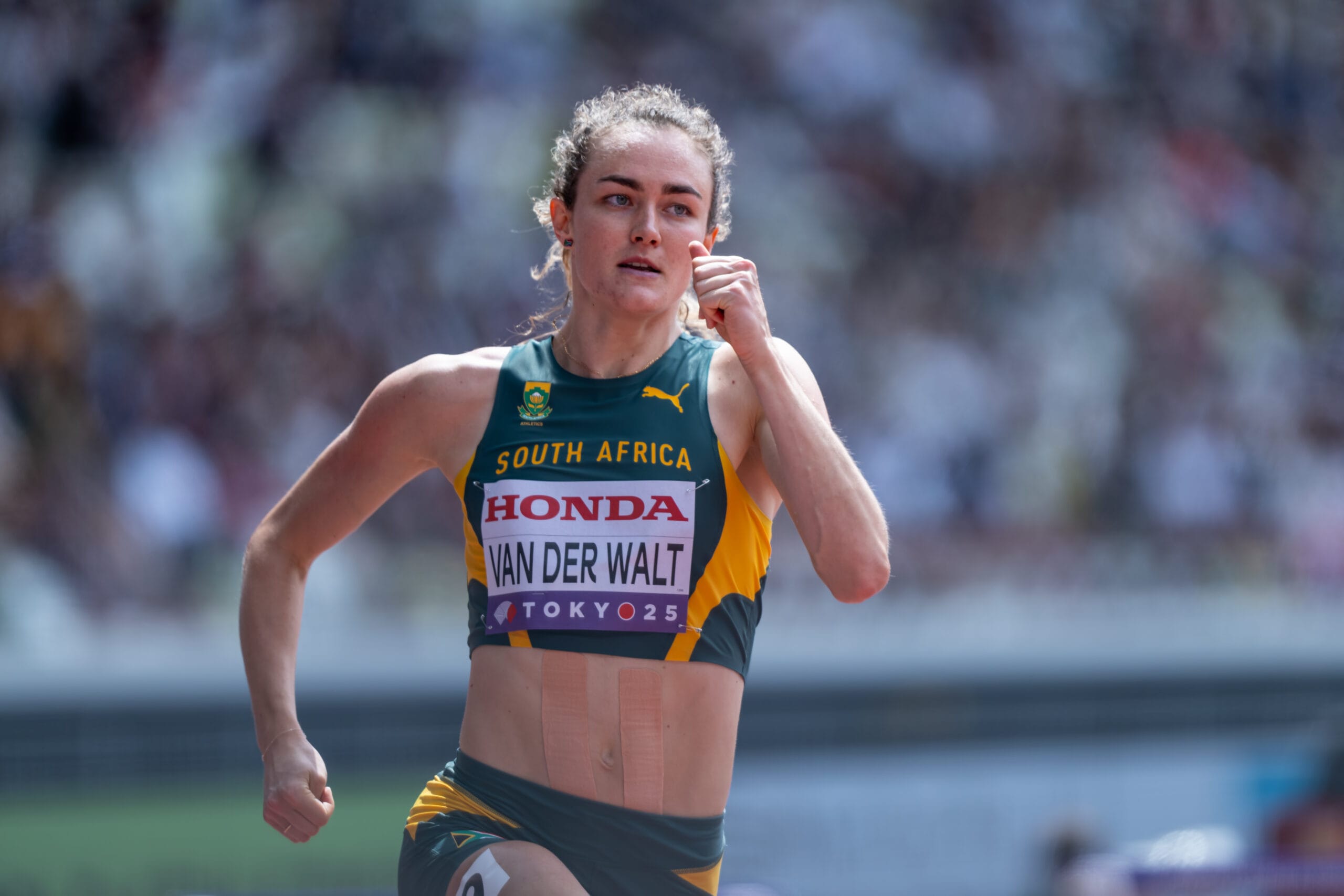Hollywood Athletics Club (HAC) has reinforced its standing as one of South Africa’s leading homes of long-distance excellence with the official induction of ultra-marathon champions Edward “Slender” Mothibi and Tete Dijana into its athletics stable. The announcement welcoming the two runners to the “Purple Team” took place at the Hollywoodbets offices in Durban, marking the beginning of an exciting new chapter for both the athletes and the broader running fraternity.
You can watch the whole launch on our Instagram page
A Landmark Ultra-Running Event
The launch event saw staff celebrating the signing with a guard of honour to welcome the runners to the Hollywoodbets Durban headquarters. Teammates present to support the newcomers included Stephen Mokoka, Tayla Kavanagh, Cian Oldknow, and Thabang Mathebula, alongside media representatives and passionate supporters. The atmosphere was electric as Tete Dijana and Edward Mothibi made their entrance to great cheering and fanfare, demonstrating the club’s enthusiasm in welcoming the duo.
Tete Dijana, renowned for his relentless pace and competitive spirit, shared his enthusiasm:
“Joining this team is a dream come true. I am looking forward to new challenges and representing my supporters with pride.”
Edward Mothibi, a revered Comrades Marathon champion, spoke about the importance of the partnership:
“This partnership is about more than racing—it is about community, mentorship, and giving back to the sport that has given me so much.”
Impact on the Running Community
The signing of Tete and Edward is more than just a boost to the team’s competitive strength; it is a powerful statement regarding investment in South African athletic talent. Both athletes are admired for their achievements and their commitment to uplifting others within the sport. Their presence is set to inspire a new generation of runners and foster a culture of excellence, teamwork, and community engagement.
This was highlighted by remarks from Greg Glossop, Hollywood Athletics Club Chairman, who spoke passionately about the club’s vision and the significance of these signings.
“Welcoming Tete and Edward to the Hollywood Athletics Club is a proud moment for us all. Their dedication, humility, and drive for excellence are exactly what we stand for. We believe their journey with us will inspire countless young runners to chase their dreams and reach new heights. Tete and Edward represent the very best of South African running—resilience, discipline, and a passion for giving back. Their presence will elevate our club and set a new standard for excellence.”
Morgan Shandu, President of the Athletics Club, added:
“Seeing Tete and Edward join our club is a testament to the values we hold dear—commitment, unity, and a relentless pursuit of excellence. Their achievements are already legendary, but I believe their greatest impact will be in how they inspire and uplift every member of our running community.”
Looking Forward
With their official launch now complete, both Tete Dijana and Edward Mothibi are preparing for a season filled with promise. Both will line up at the eThekwini Best of the Best Marathon, where they will compete in the famous purple colours for the first time. The season ahead promises to be an exciting one as they begin their journey with a new club and fresh goals.





